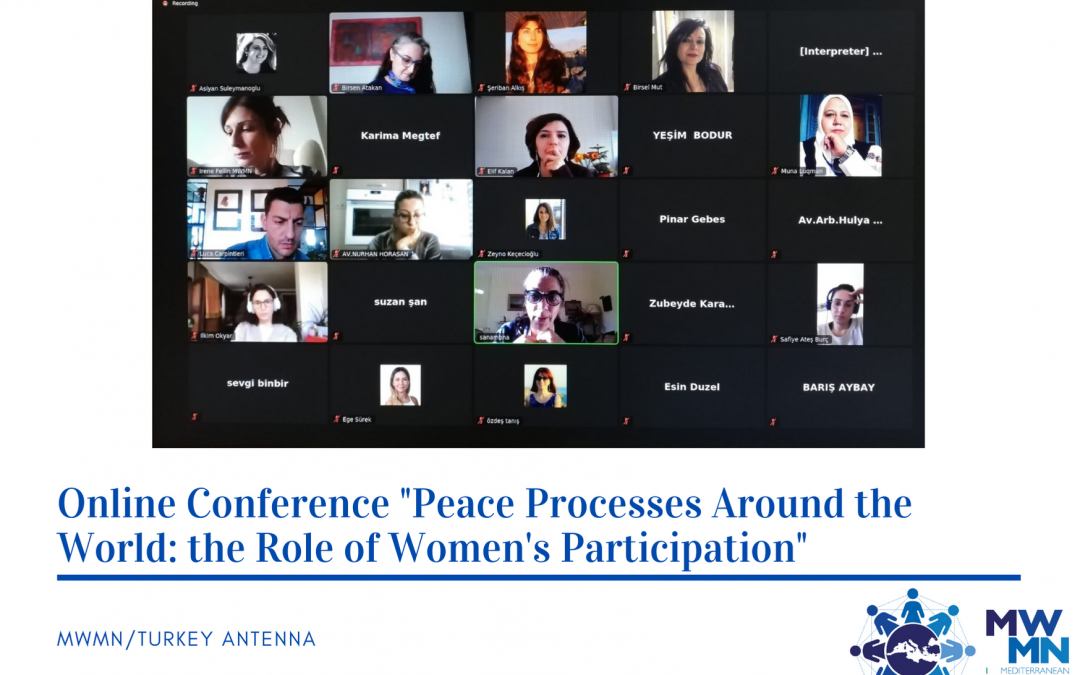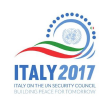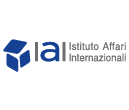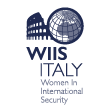On December 5, the MWMN Turkey Antenna organized an online conference on “Peace Processes Around the World: the Role of Women’s Participation“. The event, moderated by Ayse Betul Celik, saw the participation of three distinguished speakers, namely Sanam Naraghi-Anderlini, Founder and Executive Director, ICAN, Muna Luqman, Founder and Chair of Food4Humanity, Co-Founder of Women in Solidarity Network, and Betty Bigombe, Special Envoy of Uganda to the South Sudan Peace Process, Former Senior Director for Fragility, Conflict and Violence at the World Bank.
During the conference, attended by around 90 participants, the speakers shared their views and perspectives on three key aspects such as the barriers to women’s participation to peace processes, how these could be overcome and how could women’s peace work become more visible.
Drawing from her experiences, Sanam Naraghi-Anderlini shared her work from the field focusing on how to guarantee that women peacebuilders are at peace tables pointing out the particular strength women can bring to peace processes and providing an overview of the main reasons leading to women’s exclusion. She discussed how women’s work in peace processes remains largely invisible but provided hope analysing how slowly women’s inclusion is being seen as a necessary part of the process. Highlighting how raising and gaining awareness is key, coupled with the language used, Sanam Naraghi-Anderlini concluded providing 10 steps to guarantee the participation of women peacebuilders in track one pace processes.
Muna Luqman provided an insightful perspective on the current situation in Yemen sharing her experience on women’s role and their struggle to be accepted by the other parties. She described the difficulties encountered not only with regards to other local actors but how international organisations as well as women’s movements have added to the challenges especially in the designing of a peace process that reflects the needs of the whole population. Muna Luqman pointed out how women are not supported, are underfunded, are not protected and their needs and concerns are not being listened to, also when it comes to understanding causes of violence.
Finally, Betty Bigombe, provided an overview on the role of women mediators and protection of women in conflicts calling for a holistic approach leading to an analysis of the conflict from different perspectives including that of children, women and victims of violence to also work towards healing the wounds of conflicts. She stressed on the need to help heal the wounds in the negotiation processes and that women need to insist and unite to demand to be a part of the peace processes. She narrated her experience in South Sudan and how women that were not given a seat to the table, still took their space to be heard by negotiators. Finally, she reiterated how important it is to understand the shortcomings of the peace process if women are excluded and the need to guarantee inclusion at the decision-making level as well.




